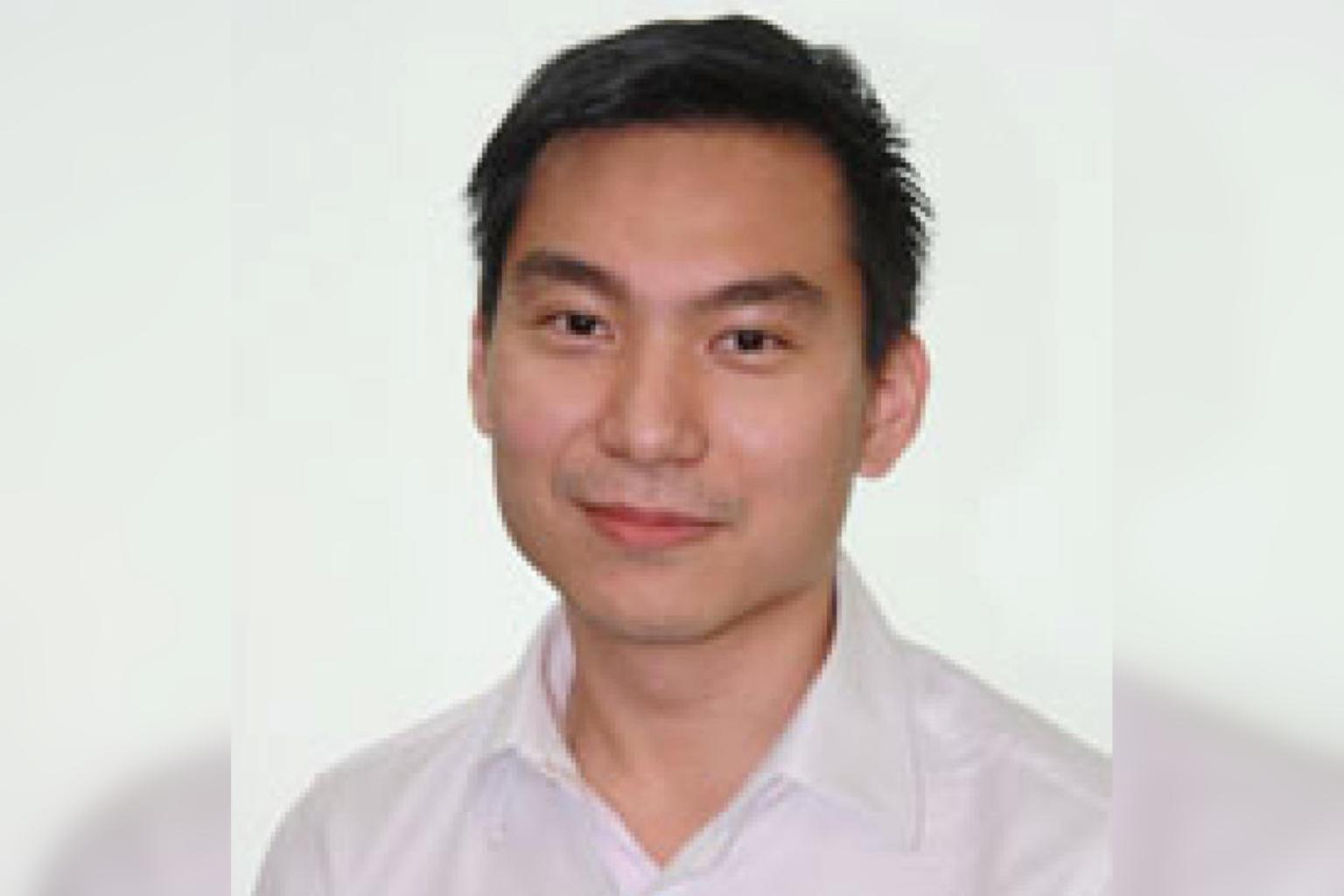High Court quashes conviction of NUH psychiatrist Soo Shuenn Chiang over confidentiality breach
Sign up now: Get ST's newsletters delivered to your inbox

Dr Soo Shuenn Chiang had been charged with giving a memo on a patient's medical condition to her brother, who had posed as her husband.
SCREENGRAB: NUS WEBSITE
Follow topic:
SINGAPORE - The Court of Three Judges has thrown out the second case that the Singapore Medical Council (SMC) had asked it to review this year, after the deadline for appeal had passed.
It found National University Hospital (NUH) psychiatrist Soo Shuenn Chiang had done no wrong in releasing confidential information about a patient, in a medical emergency, to a man he had not verified was her husband.
The man had called to say the patient was suicidal but she had refused to go to the Institute of Mental Health. He needed the doctor's letter so the police and/or ambulance could take her there.
Dr Soo, who had a busy clinic that day, left a letter with the clinic staff to be given to the husband. Instead, the letter ended up with the patient's brother, who used it at a family court to get a personal protection order for her son against her.
The court said a doctor cannot be held responsible for administrative failings of the clinic staff.
All parties agreed that it was correct for him to give the letter as it was a "psychiatric emergency requiring expeditious intervention".
Earlier this year, the SMC's disciplinary tribunal (DT) imposed a $50,000 fine on Dr Soo, although the SMC had asked for a fine of at least $20,000. Dr Soo, who did not contest the charges, asked for a $5,000 fine.
This case follows an earlier one where the court in July threw out a $100,000 fine against a doctor for not telling his patient all the side effects of a steroid injection.
Both these cases had the medical profession up in arms, with petitions signed in favour of the doctors, and had the SMC asking the court to review the cases after the deadline for appeal had passed.
In a judgment delivered by Chief Justice Sundaresh Menon on Friday (Oct 18), the court pointed out that this was the second time within a short span that it has had to deal with a "potential miscarriage of justice".
It said that, again, the SMC had changed its stance, the disciplinary tribunals had failed to consider all facts and the doctors had made things more difficult by not contesting the charges.
The judges - Chief Justice Menon, Justice Andrew Phang and Justice Judith Prakash - also seemed to criticise the SMC for acting only because of widespread protests by doctors over the tribunal's judgments.
In applying for a review of Dr Soo's case, the SMC said the penalty imposed was far higher than what it had asked for.
The court said: "It is not at all clear to us why the SMC recognised and raised this concern only after the outcry over the DT's decision."
Following the tribunal's decision, the brother and the husband of the patient spoke up to defend the doctor, saying they had acted together.
The judges said the SMC then seemed keen to accept their account rather than that of the patient, "perhaps because it has been rattled by the medical profession's cry that the DT's decision would fuel the practice of defensive medicine".
They also noted that the SMC's original position - that Dr Soo should have checked the husband's name and identity card number - before acting in the patient's best interest would have been "the very epitome of defensive medicine".
This is because such action "would have been driven by concern over the avoidance of perceived legal risks rather than by the patient's best interests".
It was enough that the caller had known details about the patient's case and that Dr Soo was her doctor, they said. As it turned out, Dr Soo did not have the husband's identity card number on record to check against.
The court also took issue with Dr Soo for not fighting his case, as it did with the doctor in the other case.
The judges said: "The doctor against whom a charge is brought also has a responsibility to look after his own interests."
They added that, even after pleading guilty, he could have contested the fine imposed. It would not be unreasonable, they said, to hold that "he ought to lie on the bed that he has chosen to make for himself".
The judges also found it "unsatisfactory that reliance has been placed on the medical profession's propensity to protest loudly over the decisions of disciplinary tribunals" to secure desired results.
They also faulted the tribunal for its "misplaced" considerations in coming to its decision, such as considering the emotional distress to the patient through the misuse of the letter.
A doctor cannot be held responsible for any subsequent misuse of a letter given in a medical emergency, they said.

